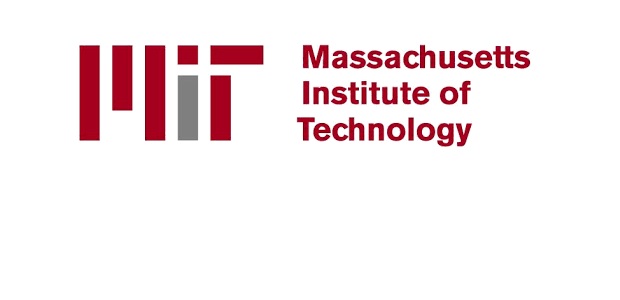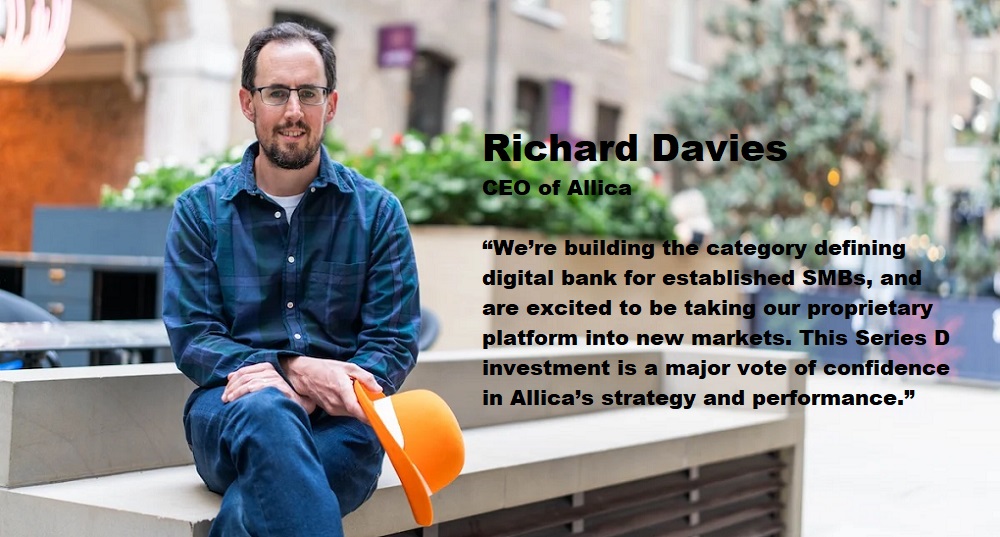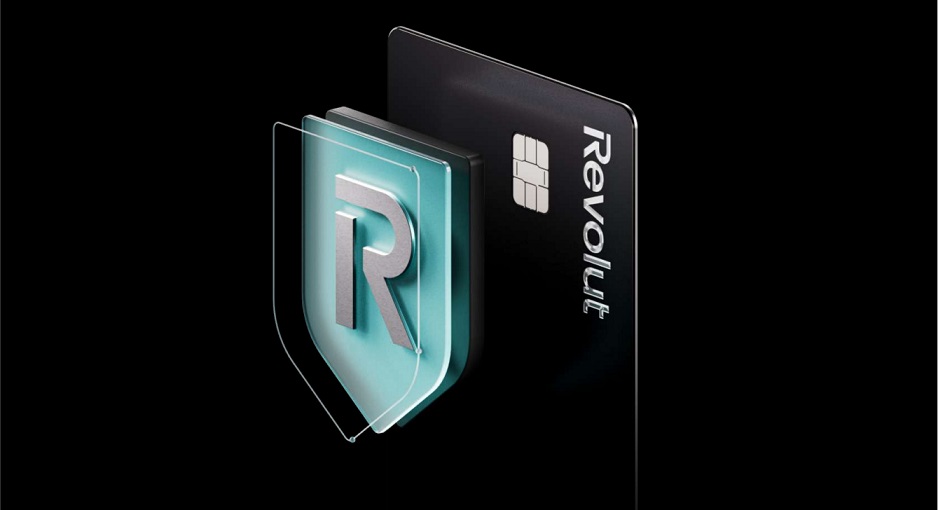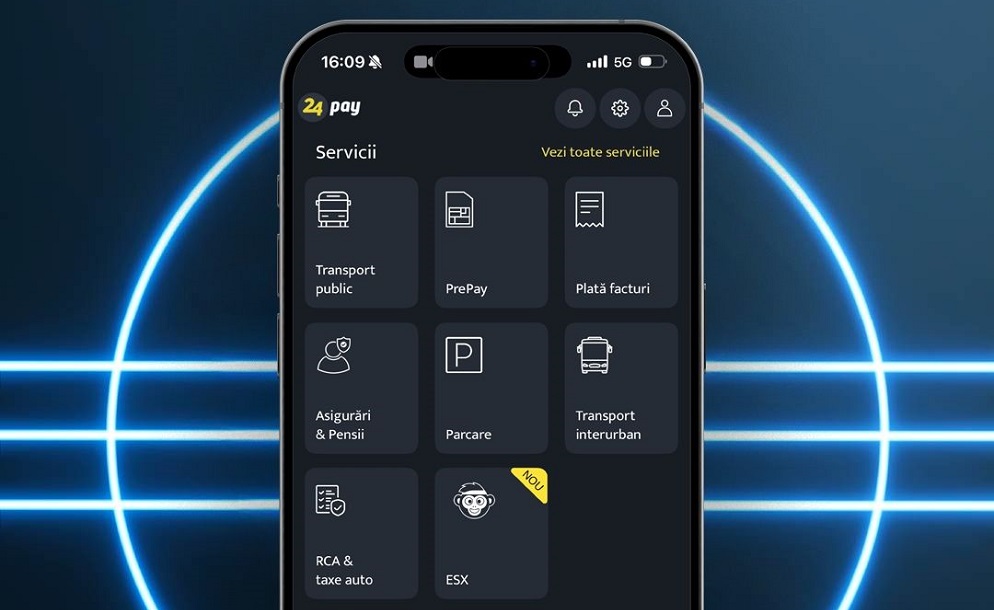MIT study on bitcoin: „The role of early adopters in diffusion”

In the spring of 2014, the Massachusetts Institute of Technology unveiled an ambitious plan. Spurred by active enthusiasts on campus, the prestigious US university raised $500,000 with the goal of distributing $100 in bitcoin to every student on campus (4.528 undergraduates at MIT). As a unique feature of the experiment, students who would generally adopt first were placed in a situation where many of their peers received access to the technology before them, and they then had to decide whether to continue to invest in this digital currency or exit.
Completed in October 2014, the project would spur similar experiments at campuses around the globe. But despite the buzz around the so-called bitcoin airdrop, not much was known about its success or the impression it left on students. Now, a study by MIT researchers has provided new details by using the event as a way to research „early adopters”, or individuals likely to be among the first to use or evangelize for a new technology.
Though the study seeks to broadly answer questions about early technology adoption, the incidental findings in the report provide context about how the bitcoin airdrop was received by students.
For example, the study indicates that 3,108 undergraduates signed up for a digital wallet, with 89% reporting they were new to the digital currency. Thirty-five percent of those were interested in bitcoin as an investment, with 20% noting an interest in its use for online transactions.
The study also interpreted the „cashing out” of bitcoin into traditional currency as a sign an early adopter had given up interest in the technology, meaning it provide details on how inclined students were to keep the funds.
Researchers obtained data from hosted digital wallet providers to track the rate of bitcoin sales, finding that early adopters (those who signed up early to receive bitcoin) were more likely to cash out of bitcoin when they were delayed access to the digital currency relative to their peers.
The report’s authors wrote:
„The more we delayed such a person, the more likely they were to cash out immediately as their need for cash became more and more pressing.”
According to the study, 11% of students sold their bitcoin within two weeks of receiving it, though the researchers suggest it was possible the funds could have been transferred to another wallet service.
Ultimately, the study is inconclusive about the nature of the sales, suggesting that early adopters may have been more informed about the price of bitcoin. However, it noted these students did not „cash out on average at better prices” than their peers.
The report says: „Our results suggest that when natural early adopters are delayed relative to their peers, they are more likely to reject the technology. We present further evidence that this appears to be driven by identity, in that the effect occurs in situations where natural early adopters’ delay relative to others is most visible, and in settings where the natural early adopters would have been somewhat unique in their tech-savvy status. We then show not only that natural early adopters are more likely to reject the technology if they are delayed, but that this rejection generates spillovers on adoption by their peers who are not natural early adopters. This suggests that small changes in the initial availability of a technology have a lasting effect on its potential: Seeding a technology while ignoring early adopters’ needs for distinctiveness is counterproductive.”
For more details, read the full report by Christian Catalini and Catherine E Tucker.
Source: coindesk.com
Dariusz Mazurkiewicz – CEO at BLIK Polish Payment Standard
Banking 4.0 – „how was the experience for you”
„To be honest I think that Sinaia, your conference, is much better then Davos.”
Many more interesting quotes in the video below:










